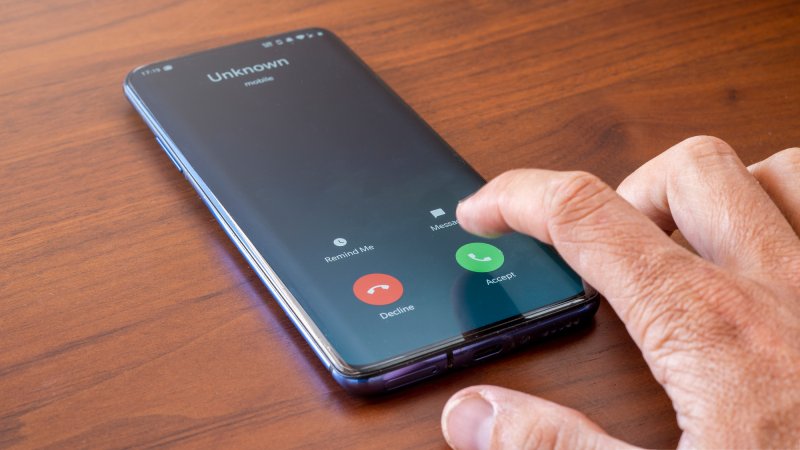Technology
Security
News, analysis, and advice about the tools that aim to keep us safe online, at home, and everywhere else.
Latest in Security

Technology
News, analysis, and advice about the tools that aim to keep us safe online, at home, and everywhere else.
Breakthroughs, discoveries, and DIY tips sent every weekday.
By signing up you agree to our Terms of Service and Privacy Policy.